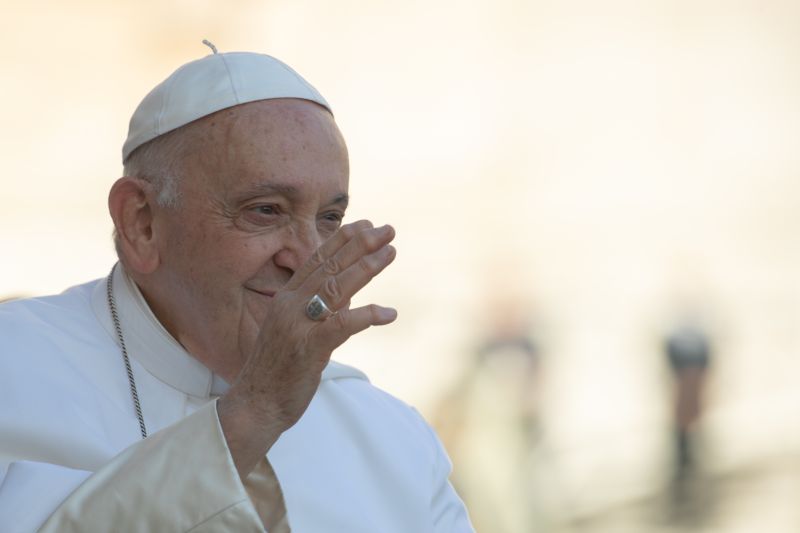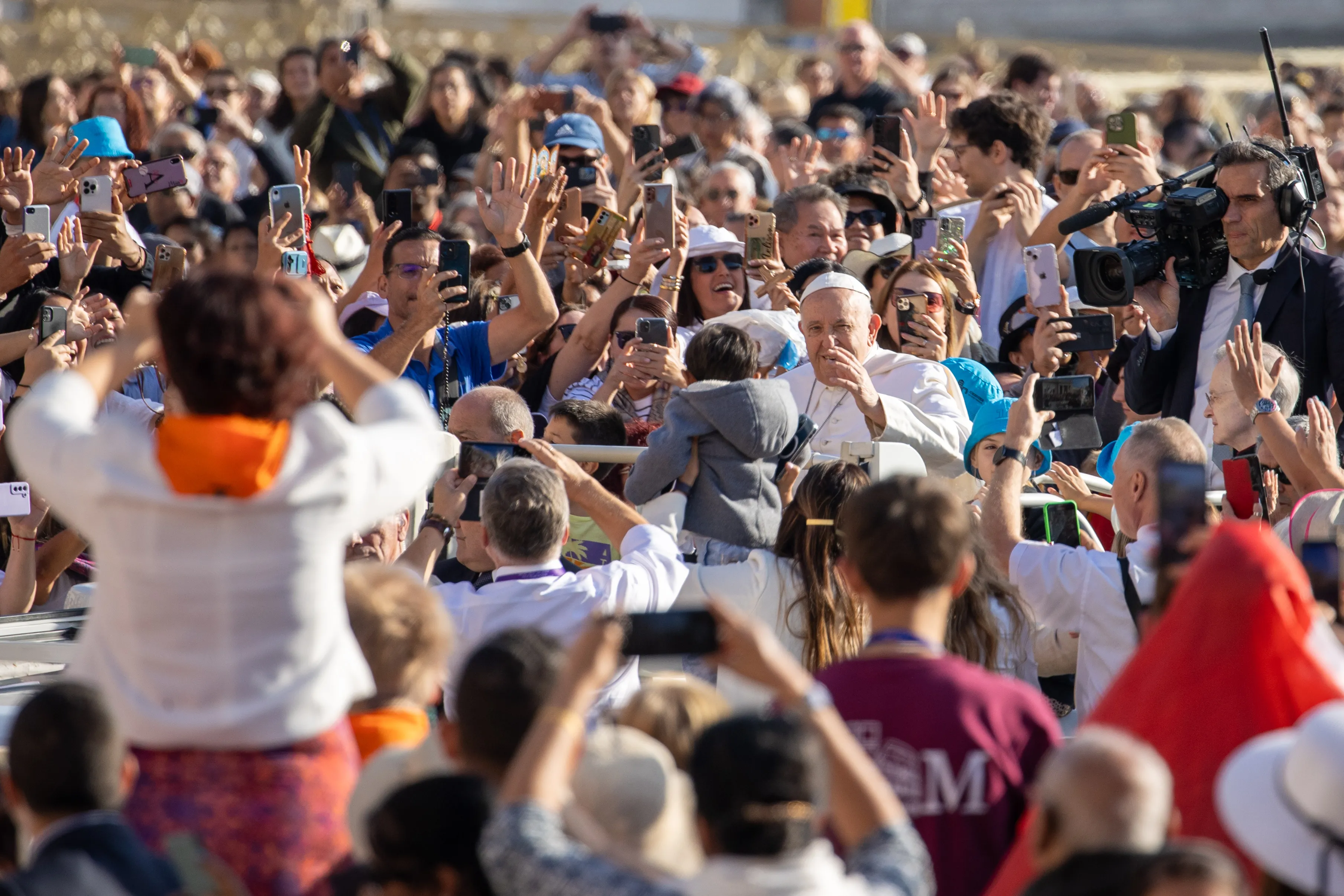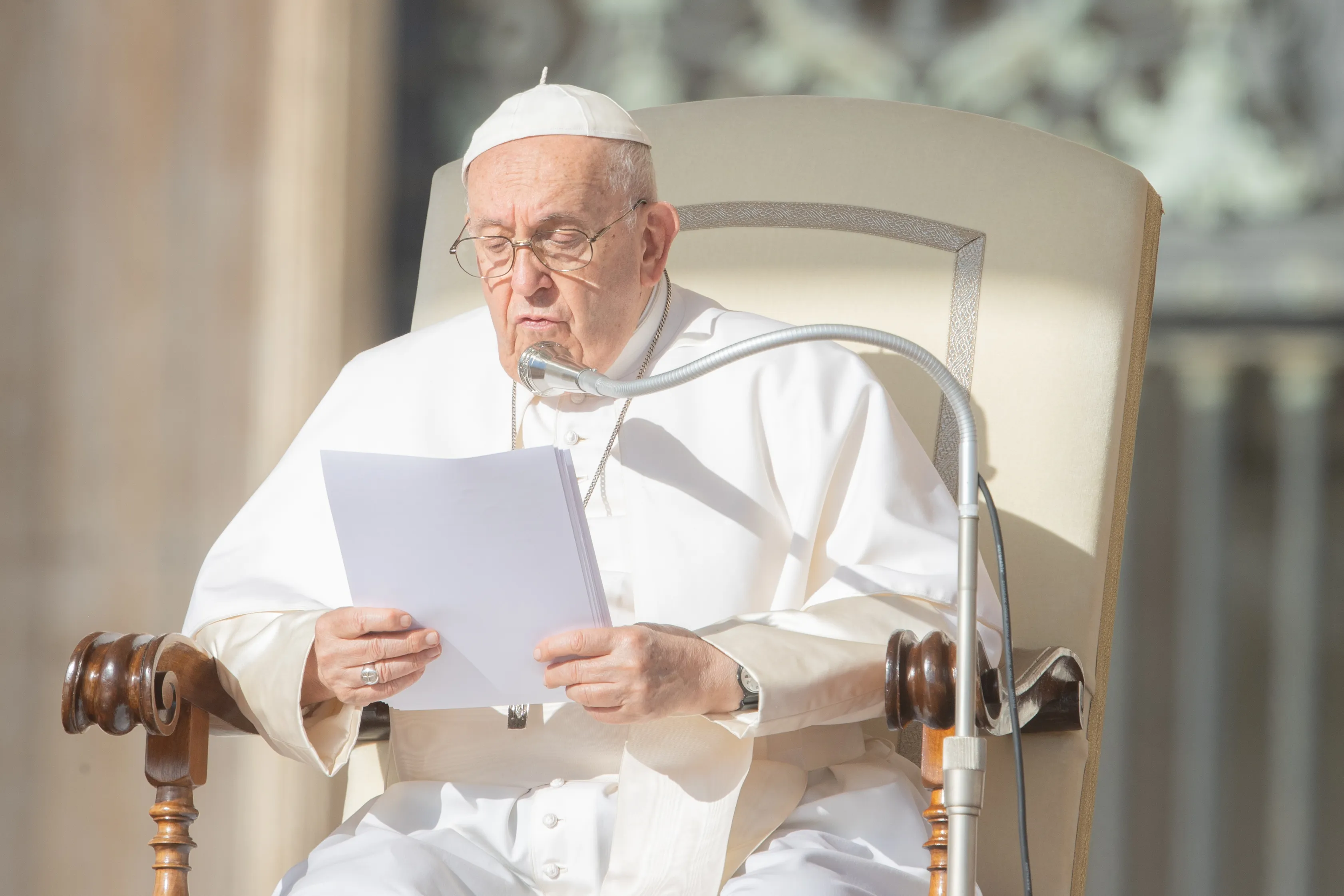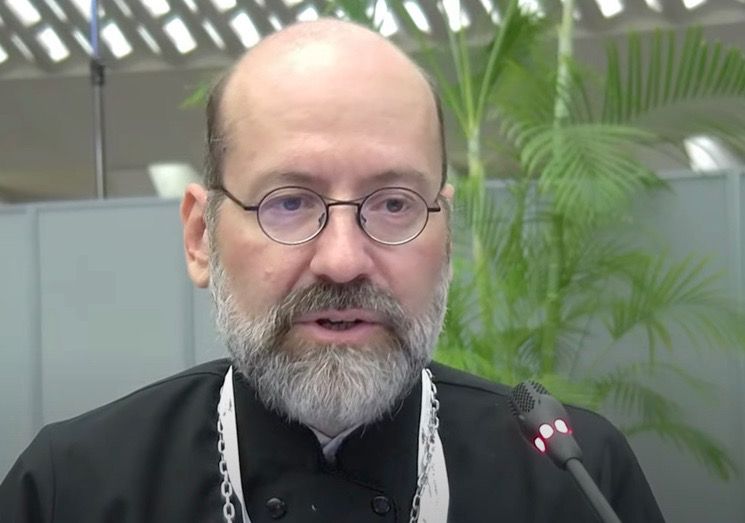
Vatican City, Mar 1, 2017 / 05:29 am (CNA/EWTN News).- On Ash Wednesday Pope Francis said that while Lent is certainly a time of mortification, it’s also a journey of hope that leads to the joy of Christ’s Resurrection – a journey that requires both daily sacrifice and love.
In his catechesis for the general audience March 1, the Pope likened our journey during the 40 days of Lent to the 40 years the Israelites spent wandering in the desert following their “exodus” from slavery in Egypt.
“And these 40 days are also for each of us an exit from slavery, from sin, to freedom, to a meeting with the Resurrected Christ,” he said.
“A path that’s a bit challenging, as is just, because love is challenging, but it’s a path full of hope. In fact, I would say more: the Lenten exodus is the path in which hope itself is formed.”
During their time of wandering, God never forgot his people or his promise to bring them to the Promised Land, Francis said. But even so, in the face of trials on their journey, at times they were tempted to return to Egypt.
“All of us know the temptation to go backwards, right?” he said. “We all know it. But the Lord remains faithful and that poor people, guided by Moses, arrived to the Promised Land. This whole journey is made in hope.”
The Pope explained how the celebration of Passover by Jesus became, in a sense, his exodus, since it was by his subsequent suffering and death that he opened to us the path to heaven.
“To open this road, this passageway, Jesus had to shed his glory, humble himself, make himself obedient to death and to death on the cross. Opening to us the path to eternal life cost him all of his blood, and thanks to him we have been saved from slavery and sin,” he said.
This doesn’t make reaching heaven easy, however. “Our salvation is certainly his gift, but, because it’s a story of love, it requires our ‘yes’ and our participation,” the Pope said, “as shown to us by our Mother Mary and after her all of the Saints.”
“The fatigue of crossing the desert – all the trials, temptations, illusions, mirages – all this is to forge a strong, steadfast hope, on the model of the Virgin Mary, who in the midst of the darkness of the Passion and death of her son continued to believe and hope in his resurrection, in the victory of God’s love.”
As a preparation for Easter, Lent “takes light from the Paschal mystery toward which it is oriented…” So although Christ has gone before us, rejecting all the temptations of the Devil, we have to still do our part, which means returning to the sacraments and allowing ourselves to shed sin and be renewed, the Pope said.
“Each step, each fatigue, each fall and each round, everything has meaning only inside the design of the salvation of God, who wants for his people life and not death, joy and not pain.”
“With a heart open to this horizon, we enter Lent,” he concluded. “Feeling that we are part of the holy people of God, we begin with joy this path of hope.”
If you value the news and views Catholic World Report provides, please consider donating to support our efforts. Your contribution will help us continue to make CWR available to all readers worldwide for free, without a subscription. Thank you for your generosity!
Click here for more information on donating to CWR. Click here to sign up for our newsletter.







Leave a Reply